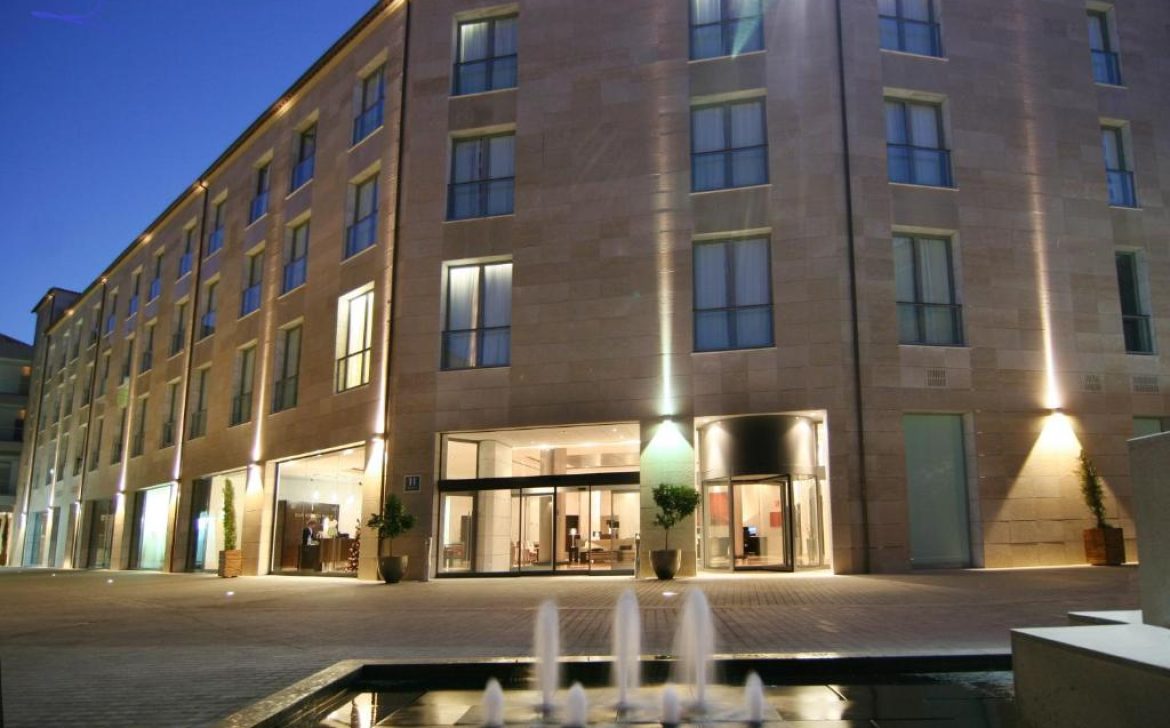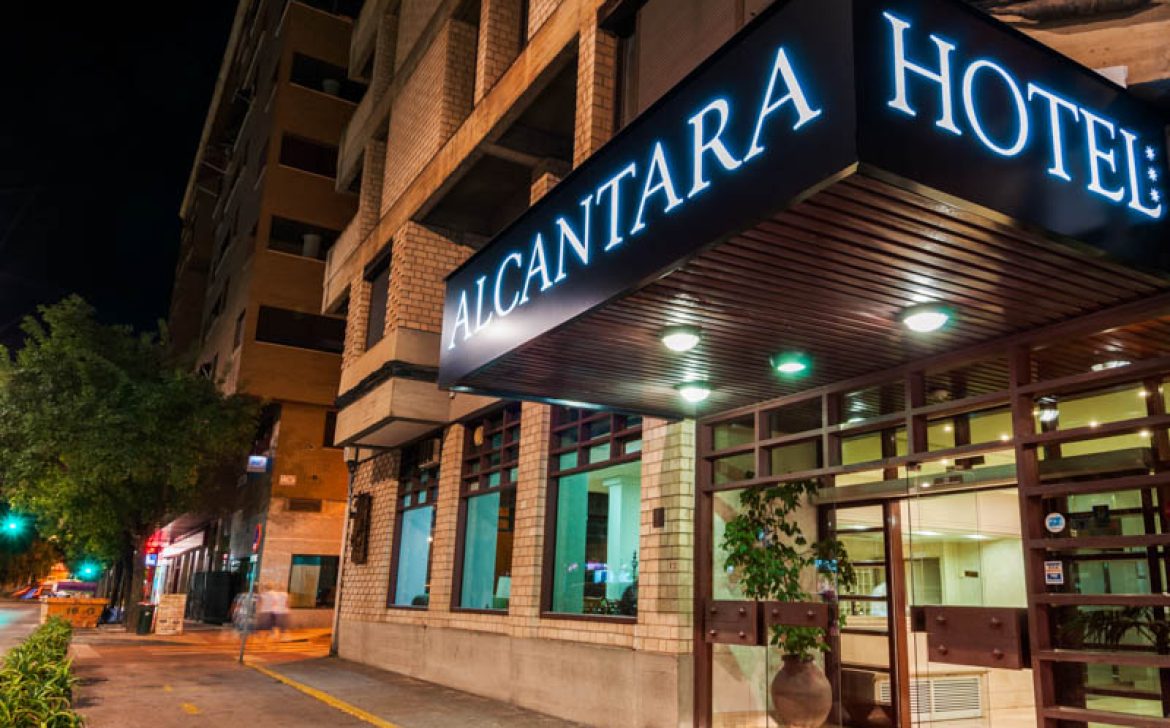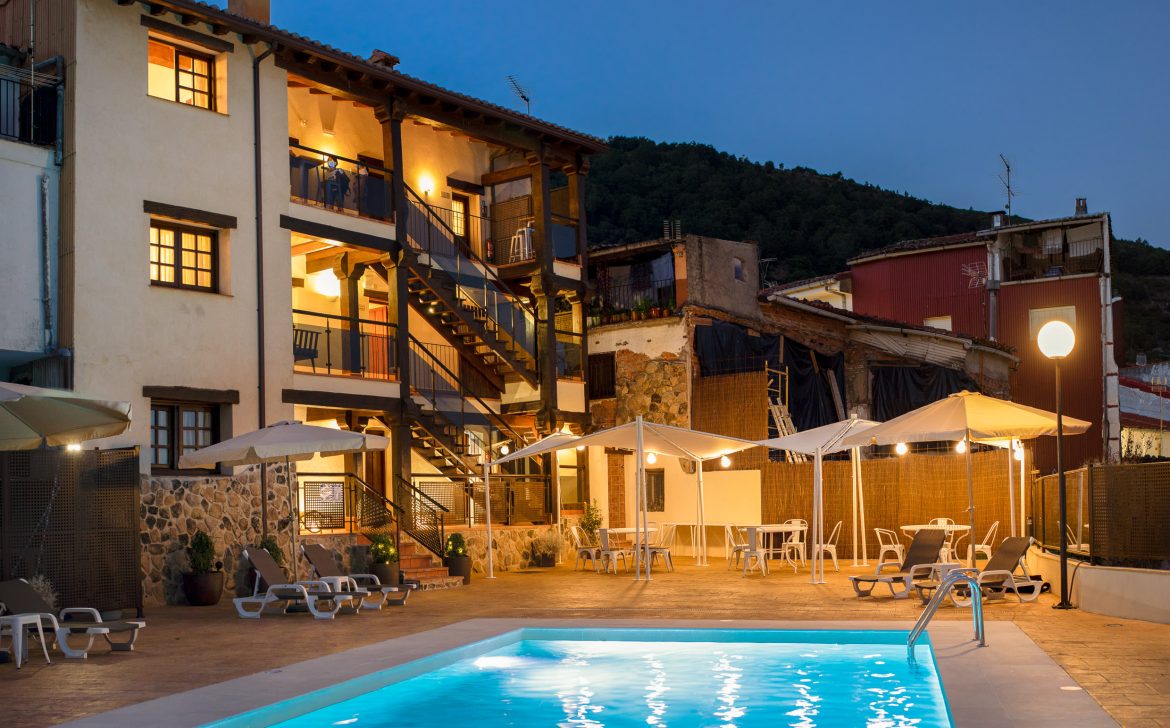The POCTEP Red CIFT Project is Born
On July 22, 2024, the El Rayo Verde building in Málaga hosted the technical launch meeting of the Interreg Spain-Portugal VI A pluriregional project of the Cross-Border Iberian Fluvial Cruise Network (Red CIFT). Led by the Maritime-Marine Cluster of Andalusia (CMMA), this project aims to create a network of sustainable nautical-cultural destinations along the five major rivers of the cross-border area: Miño, Limia, Duero, Tajo, and Guadiana.
The Extremadura Tourism Cluster will play a crucial role in the Red CIFT project, participating in training for the creation of nautical-cultural itineraries and in the project’s promotional campaigns. This joint effort aims to boost responsible tourism and the preservation of natural and cultural heritage in the cross-border region of Spain and Portugal.
Project Objectives
The Red CIFT project aims to achieve a significant impact in the participating regions by:
- Increase in River Tourism: Creating innovative nautical-cultural itineraries.
- Economic Development: Generating employment and economic opportunities.
- Heritage Preservation: Valuing cultural and natural heritage.
- Improvement of Accessibility: Promoting cross-border cooperation and sustainable mobility.
Structure and Activities
The program is structured around several key activities:
- Strategic Planning: Assessing economic viability and promoting nautical-cultural destinations.
- Certification: Establishing standards for accessible tourism and best practices.
- Training: Developing content and courses to foster innovation and creativity in itinerary creation.
- Communication: Creating a digital catalogue, the project’s corporate identity, and strategic visibility actions..
The Extremadura Tourism Cluster will lead group and individualised training for the creation of tourist products in workshops and will be responsible for designing promotional materials and communication campaigns for the Red CIFT.
With a budget of 816,646.61 euros co-financed by the European Union, the Red CIFT project aims to promote sustainable and responsible river tourism, improving accessibility and connectivity in cross-border river basins, and strengthening cooperation between Spain and Portugal.
Project Challenges
The Red CIFT project faces key challenges:
- Insufficient Promotion: The river landscapes of the border basins are little known and promoted.
- Lack of Infrastructure: Shortage of docks, moorings, and adequate services for river tourism.
- Limited Accessibility: Difficulties in connectivity and access to the river basins.
- Sustainable Management: Need to balance environmental conservation with tourism promotion.
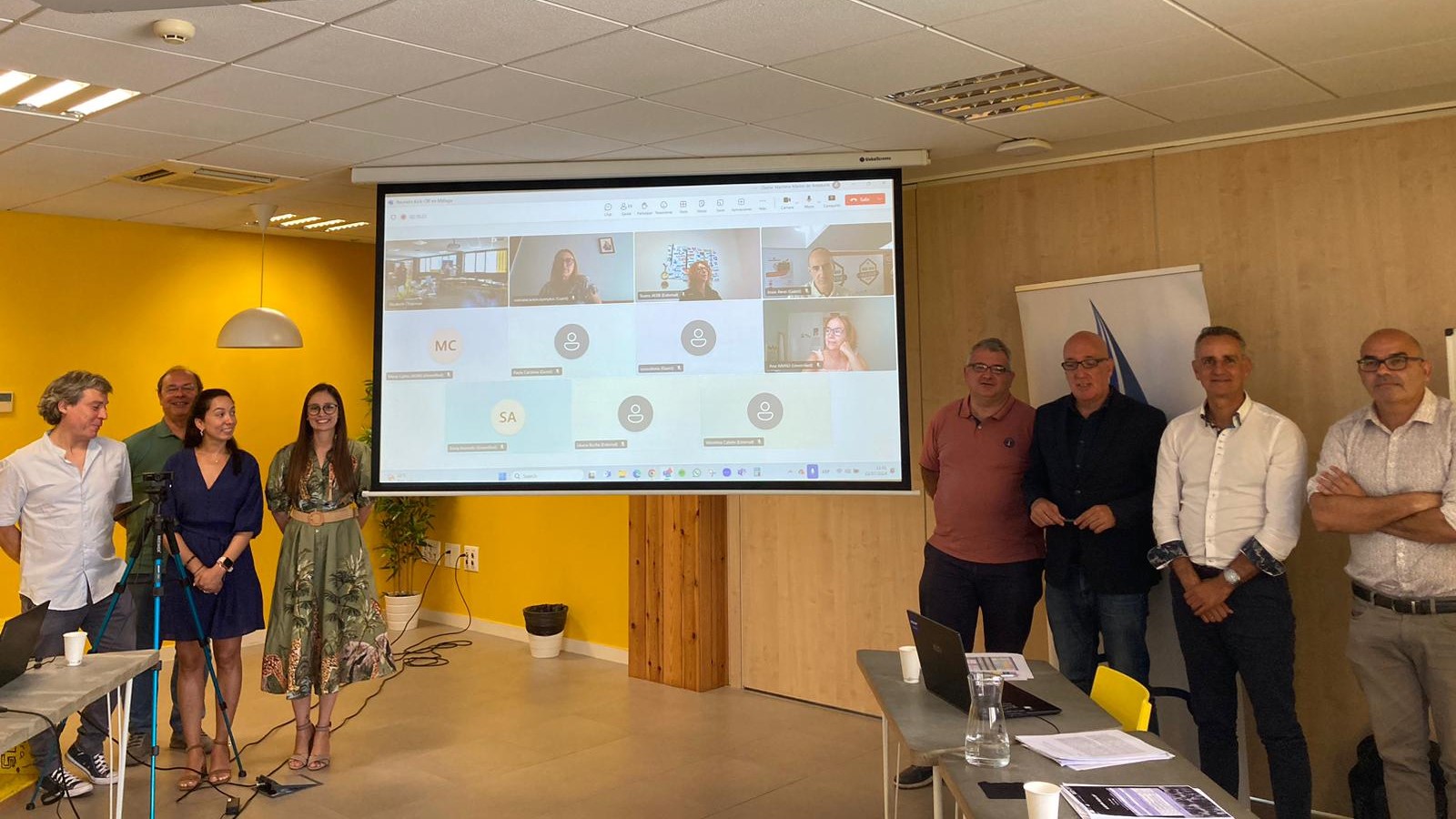
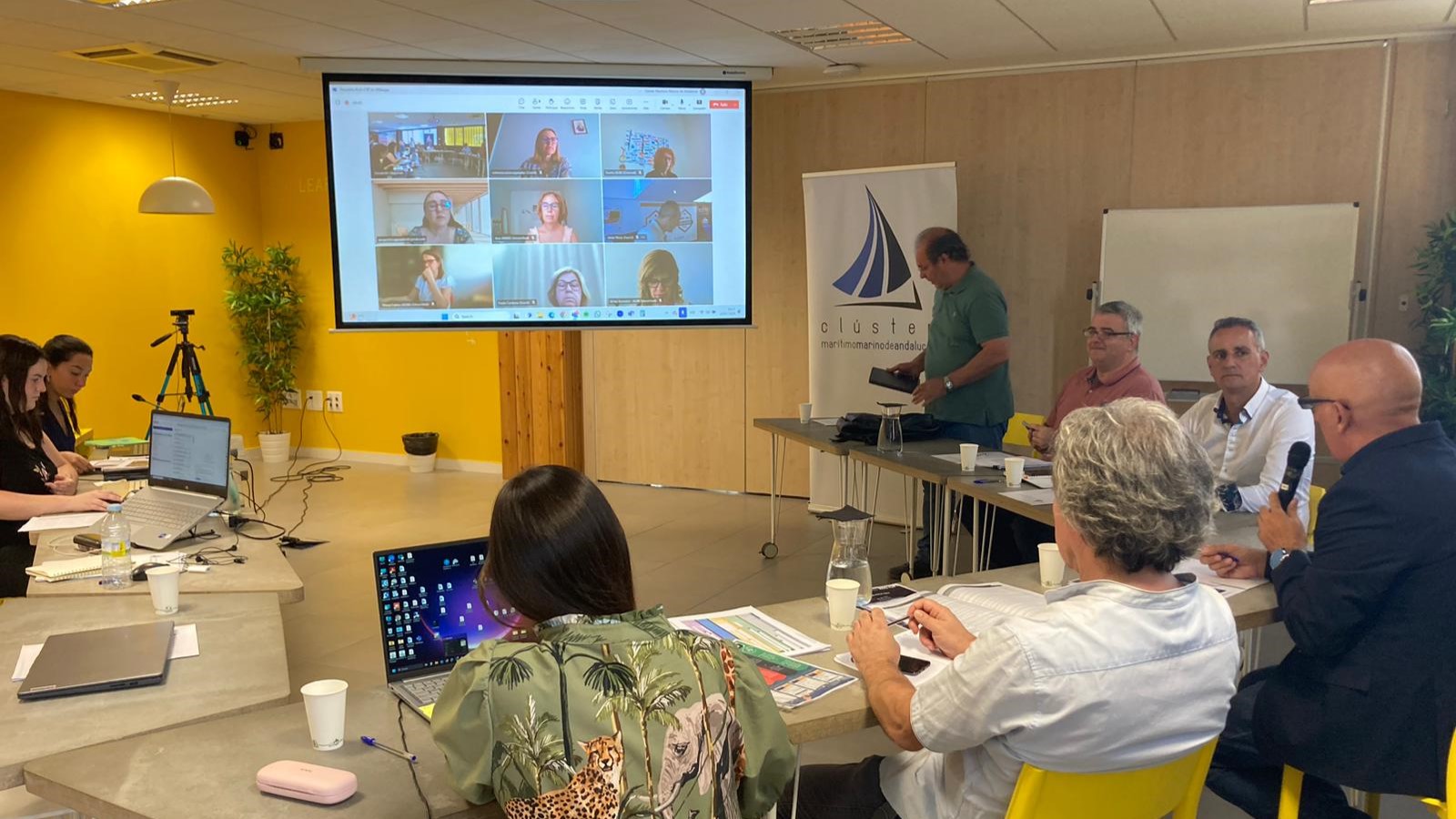
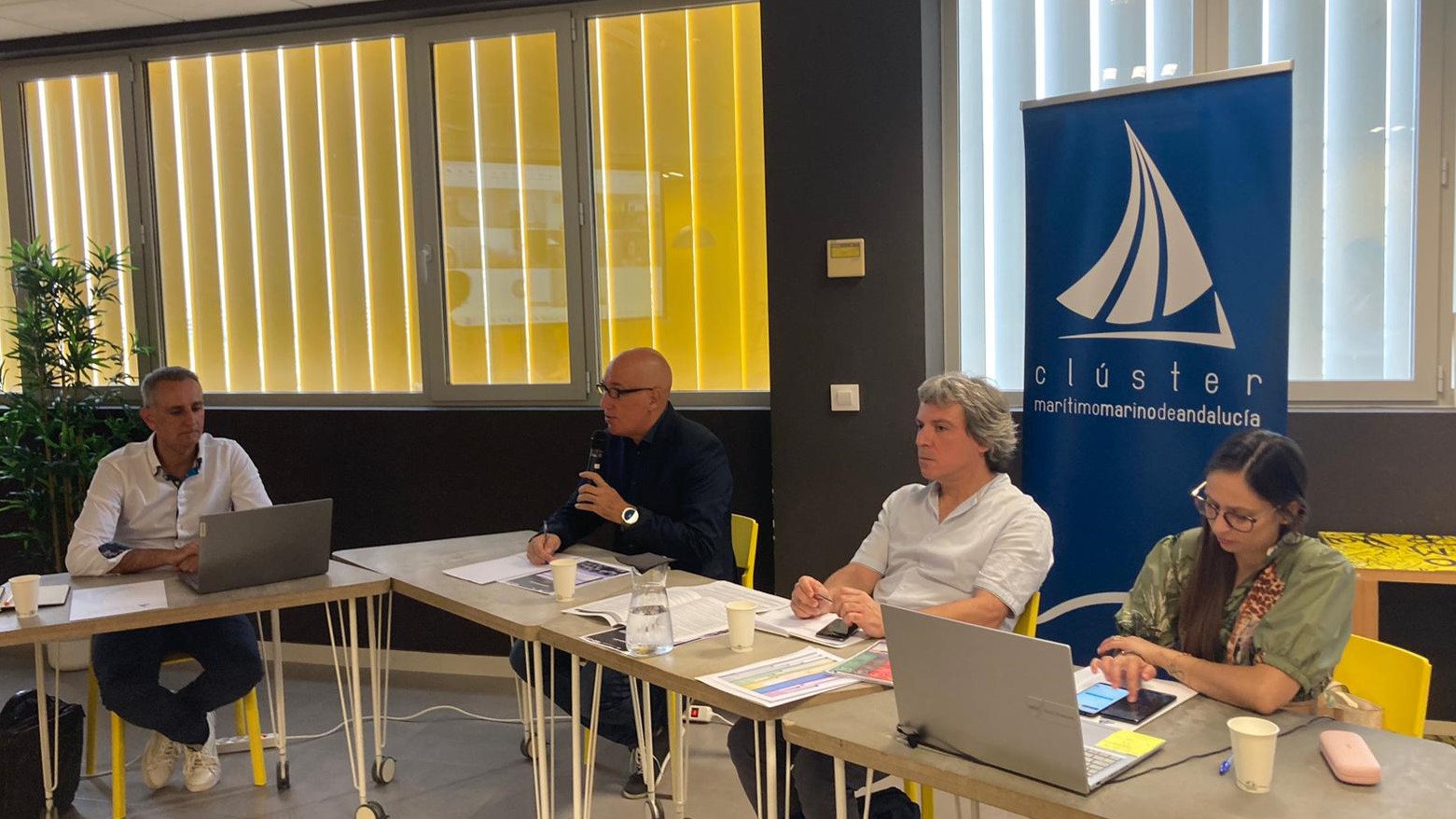
Project Partners
The project includes eight partners, four from Spain and four from Portugal:
Spanish Partners:
- Maritime-Marine Cluster of Andalusia (CMMA) – Leadership
- Galician Association of Nautical Activities (AGAN+)
- Iberian Association of Riverside Municipalities of the Duero (AIMRD)
- Extremadura Tourism Cluster (Cluturex)
Portuguese Partners:
- Comunidade Intermunicipal do Alto Minho (CIM Alto Minho)
- Associação para o Desenvolvimento do Baixo Guadiana (ODIANA)
- Associação Empresarial da Beira Baixa (AEBB)
- Comissão de Coordenação e Desenvolvimento Regional do Algarve (CCDR Algarve)


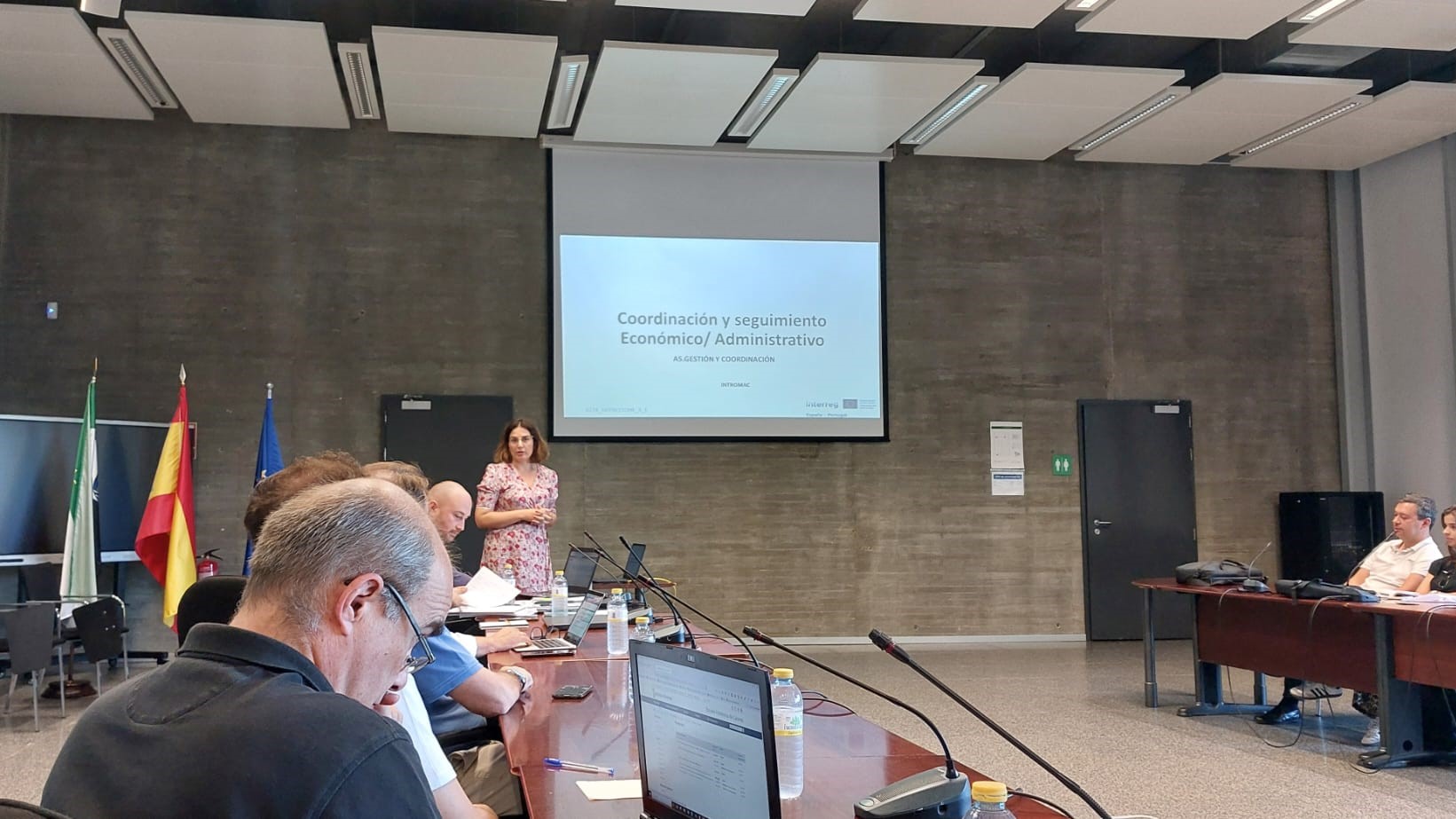
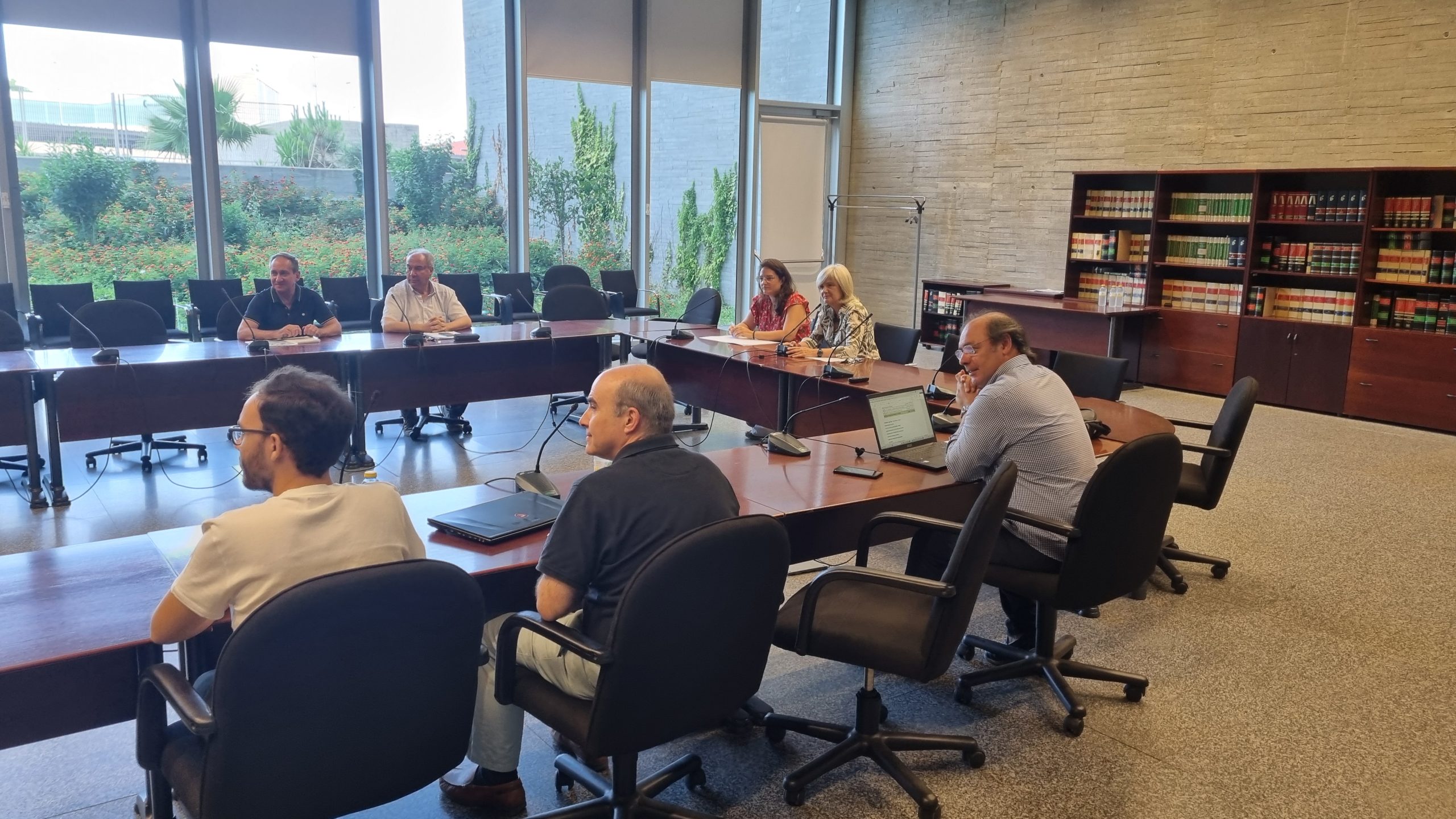
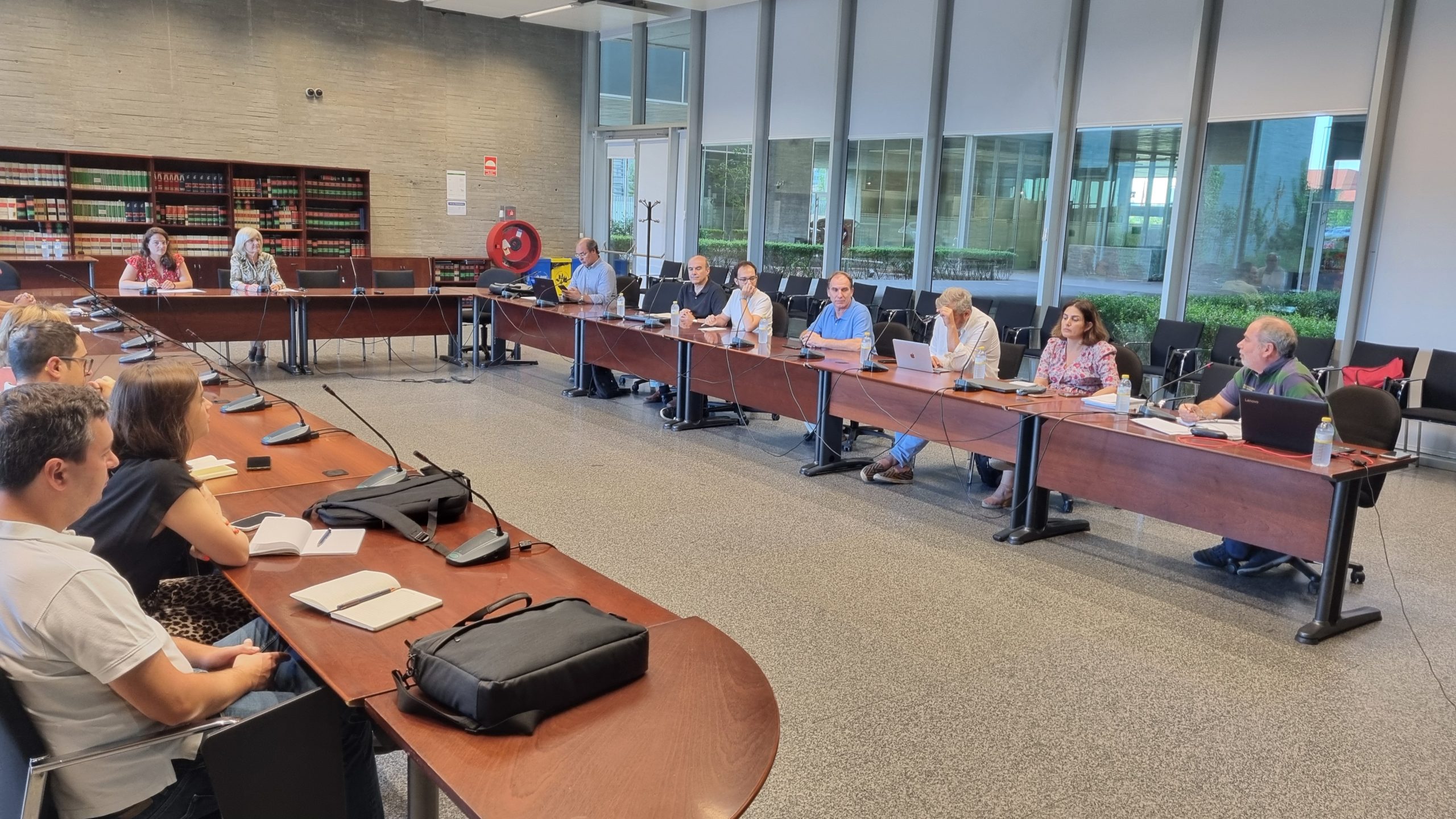
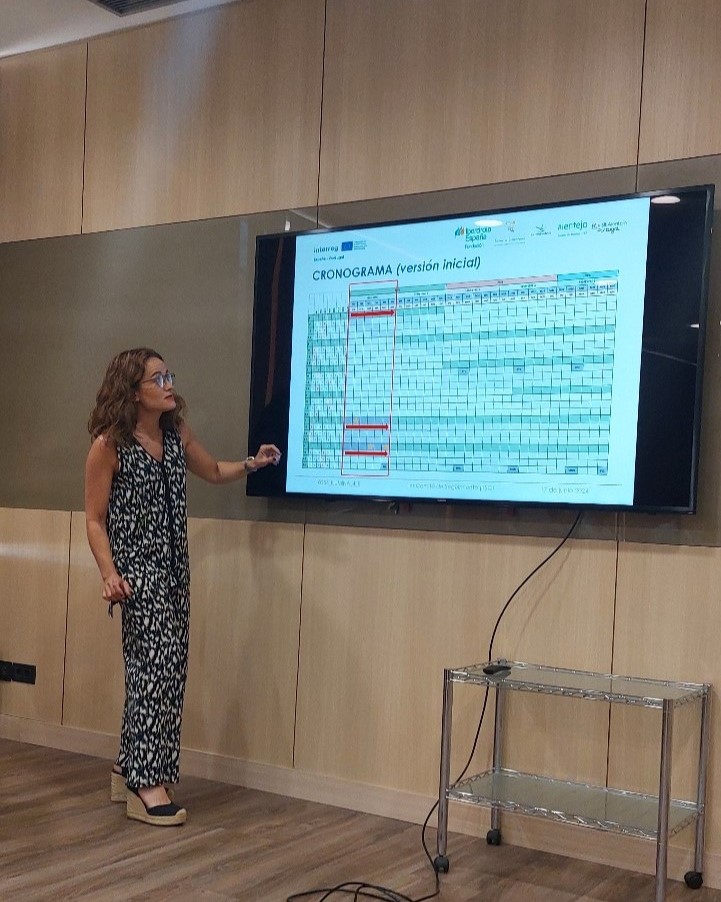
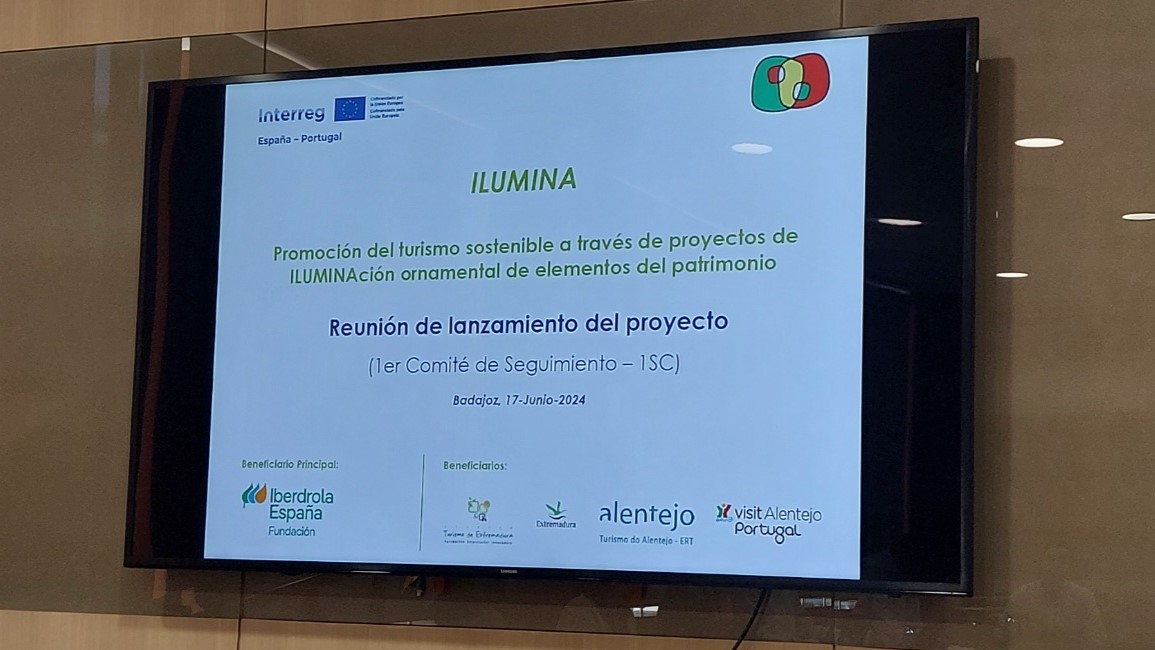
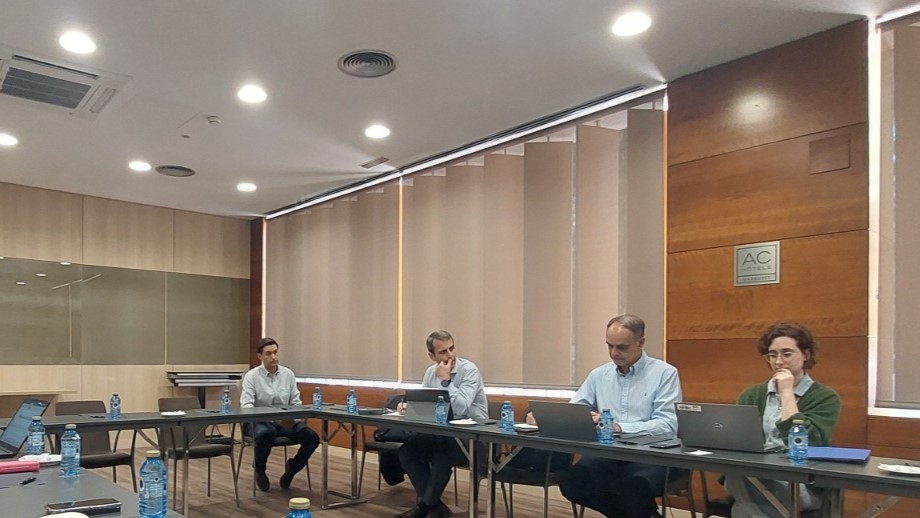
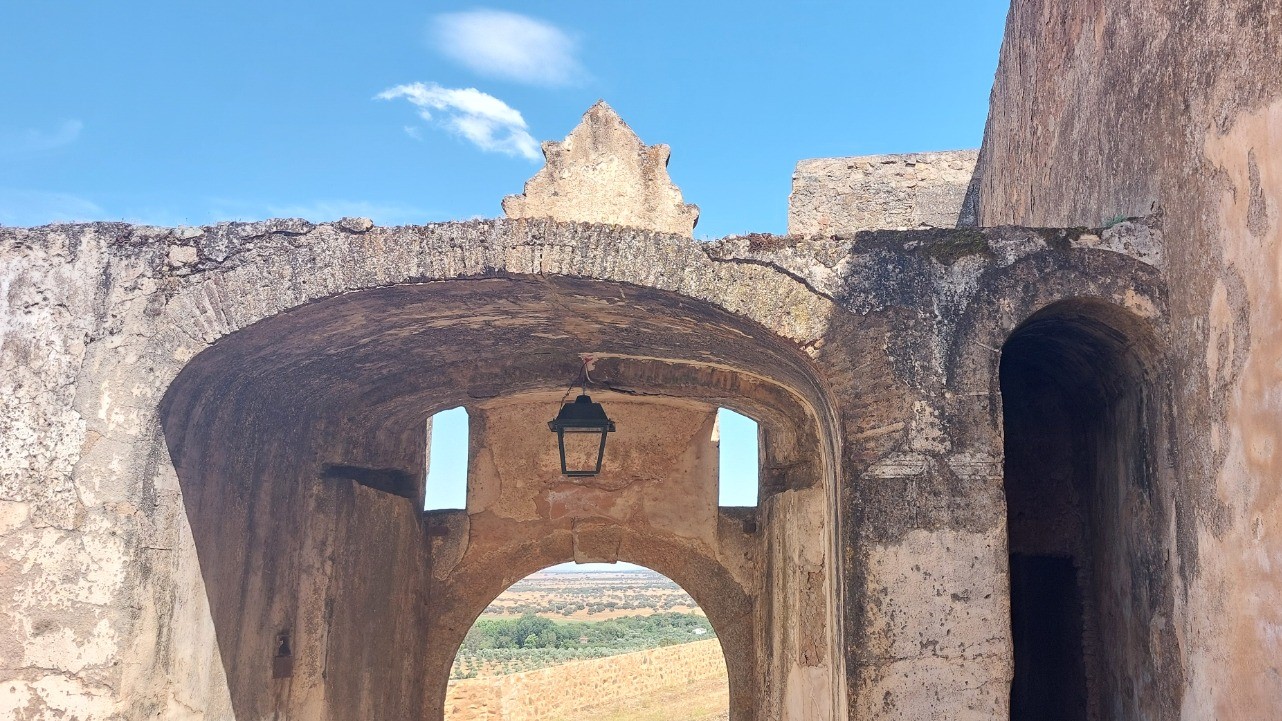
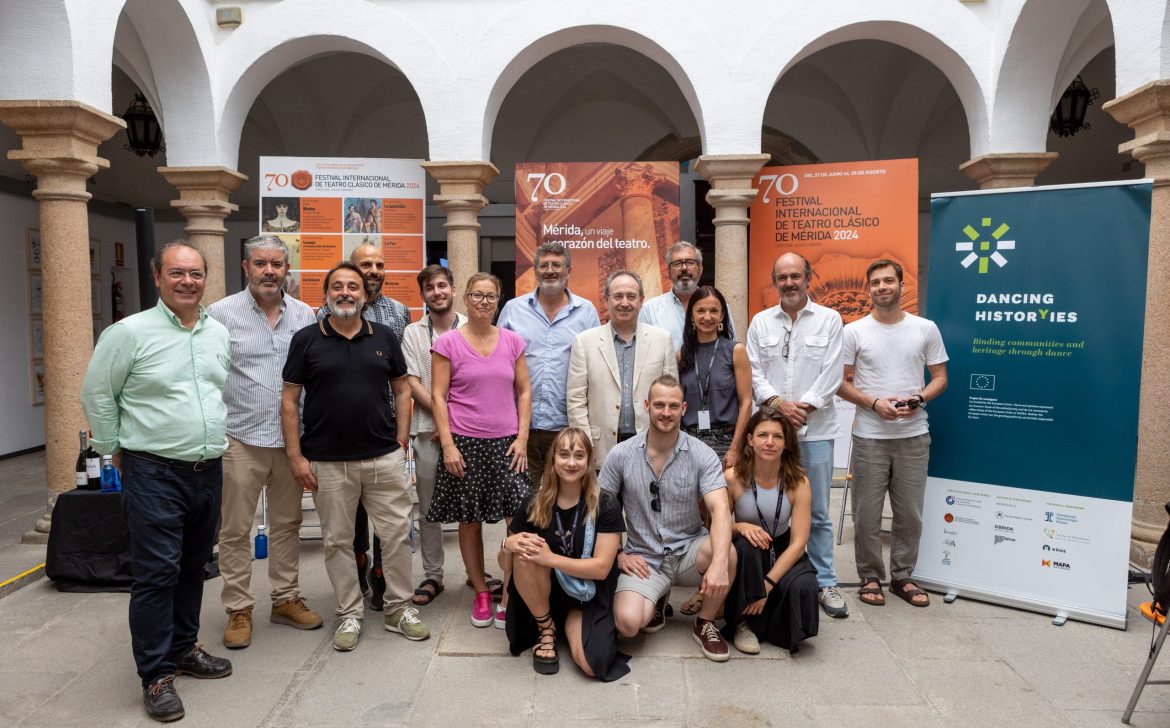
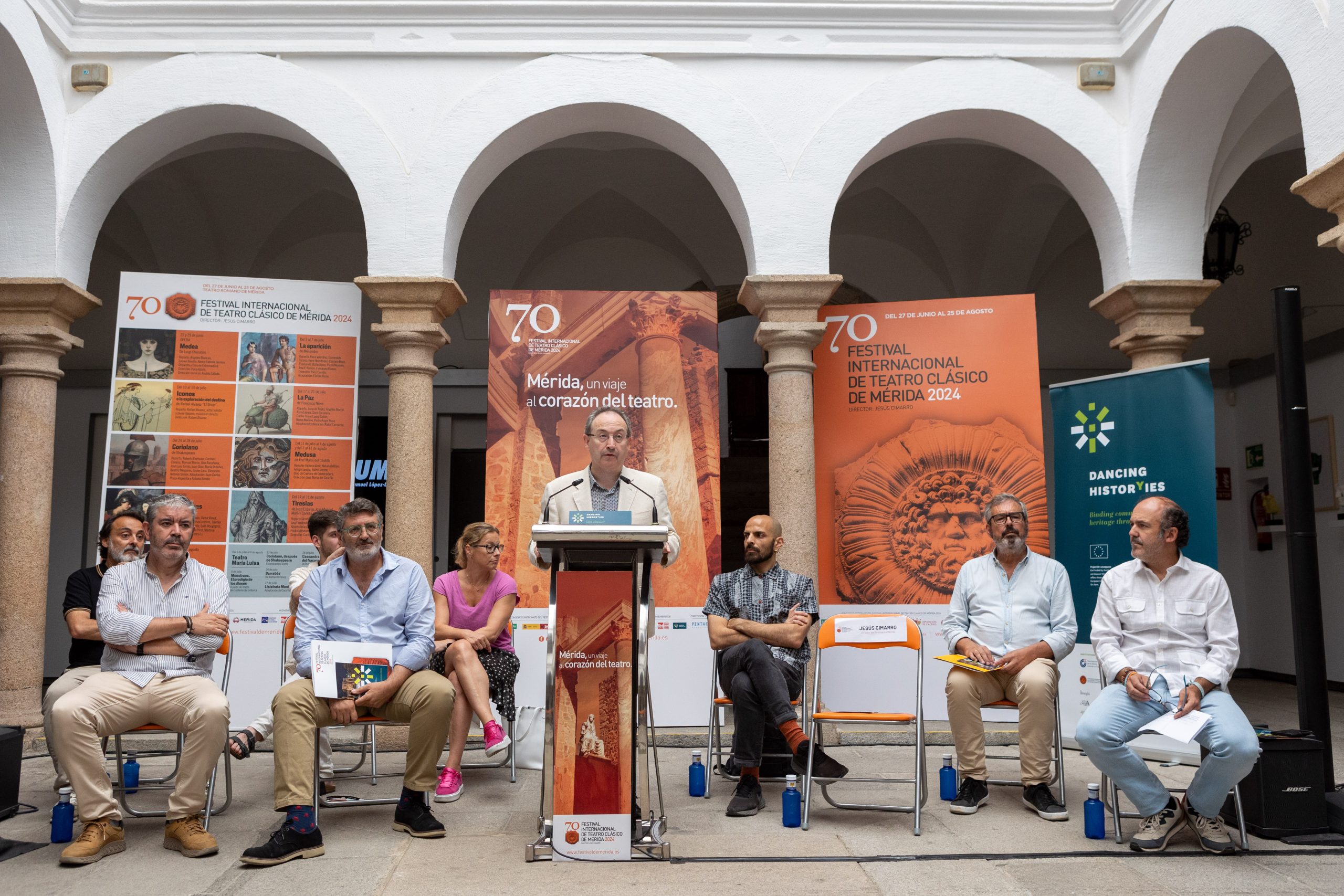
 Antonio Marín, Director of the Centre for Performing Arts and Music of Extremadura (CEMART), emphasised that “dialogue” is the word that defines Dancing Histor(y)ies, highlighting the importance of communication between performing arts and heritage, among different institutions, and across various countries. This approach demonstrates that “culture is a key that opens doors to cross borders and establish collaborations.” Marín also noted that the Mérida Festival is the only event held in four archaeological sites, reinforcing its uniqueness and commitment to heritage conservation while crossing borders throughout Europe.
Antonio Marín, Director of the Centre for Performing Arts and Music of Extremadura (CEMART), emphasised that “dialogue” is the word that defines Dancing Histor(y)ies, highlighting the importance of communication between performing arts and heritage, among different institutions, and across various countries. This approach demonstrates that “culture is a key that opens doors to cross borders and establish collaborations.” Marín also noted that the Mérida Festival is the only event held in four archaeological sites, reinforcing its uniqueness and commitment to heritage conservation while crossing borders throughout Europe.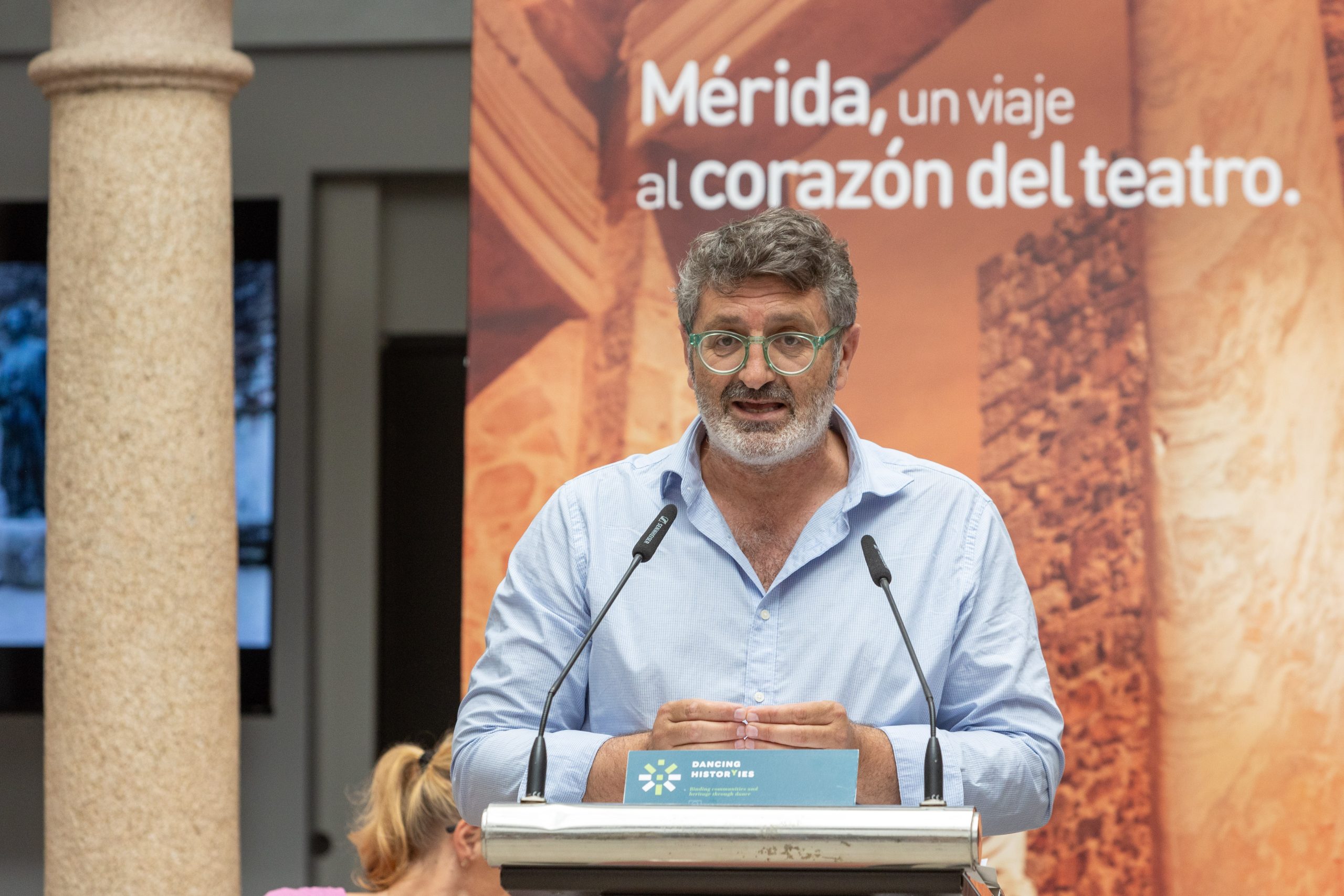
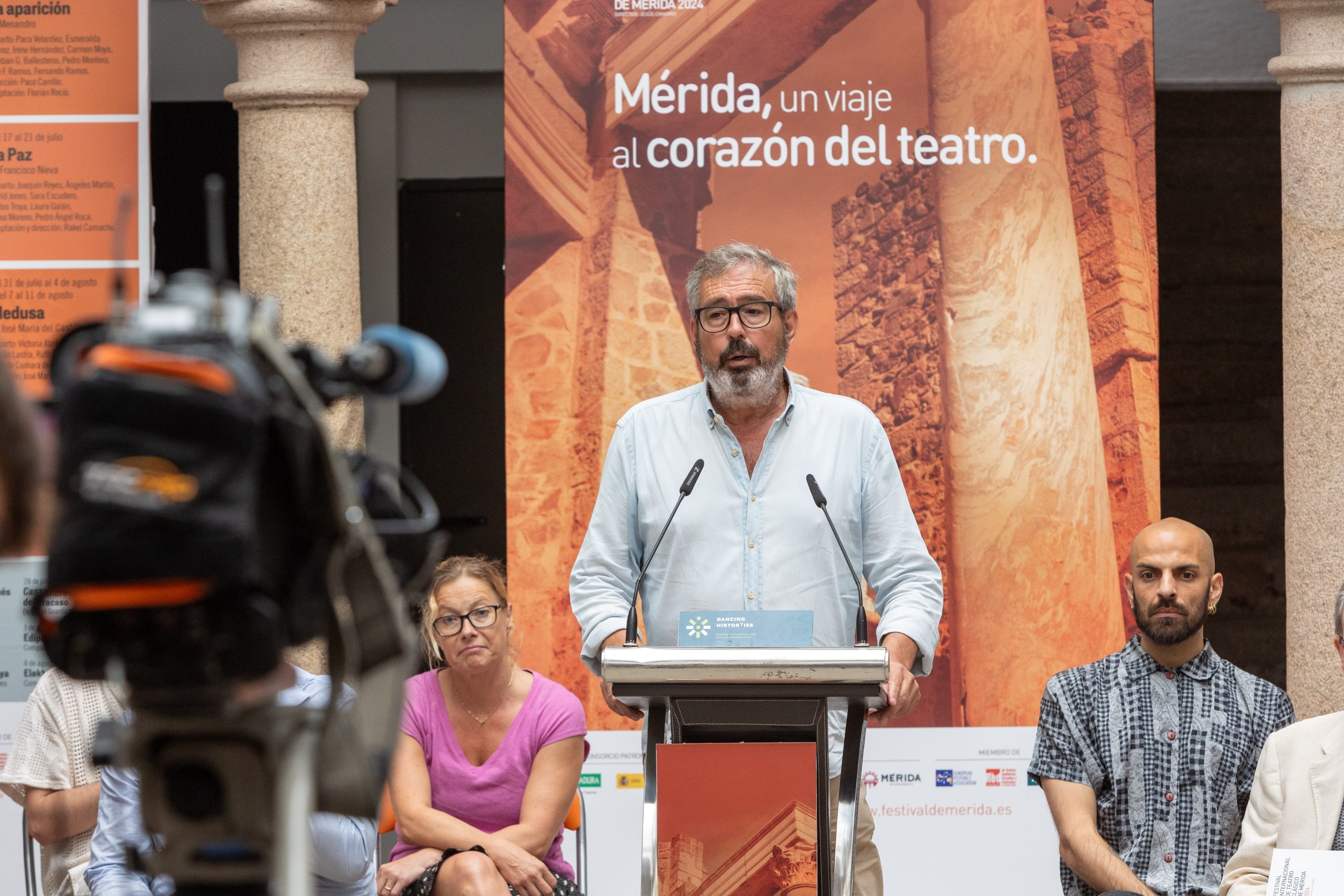
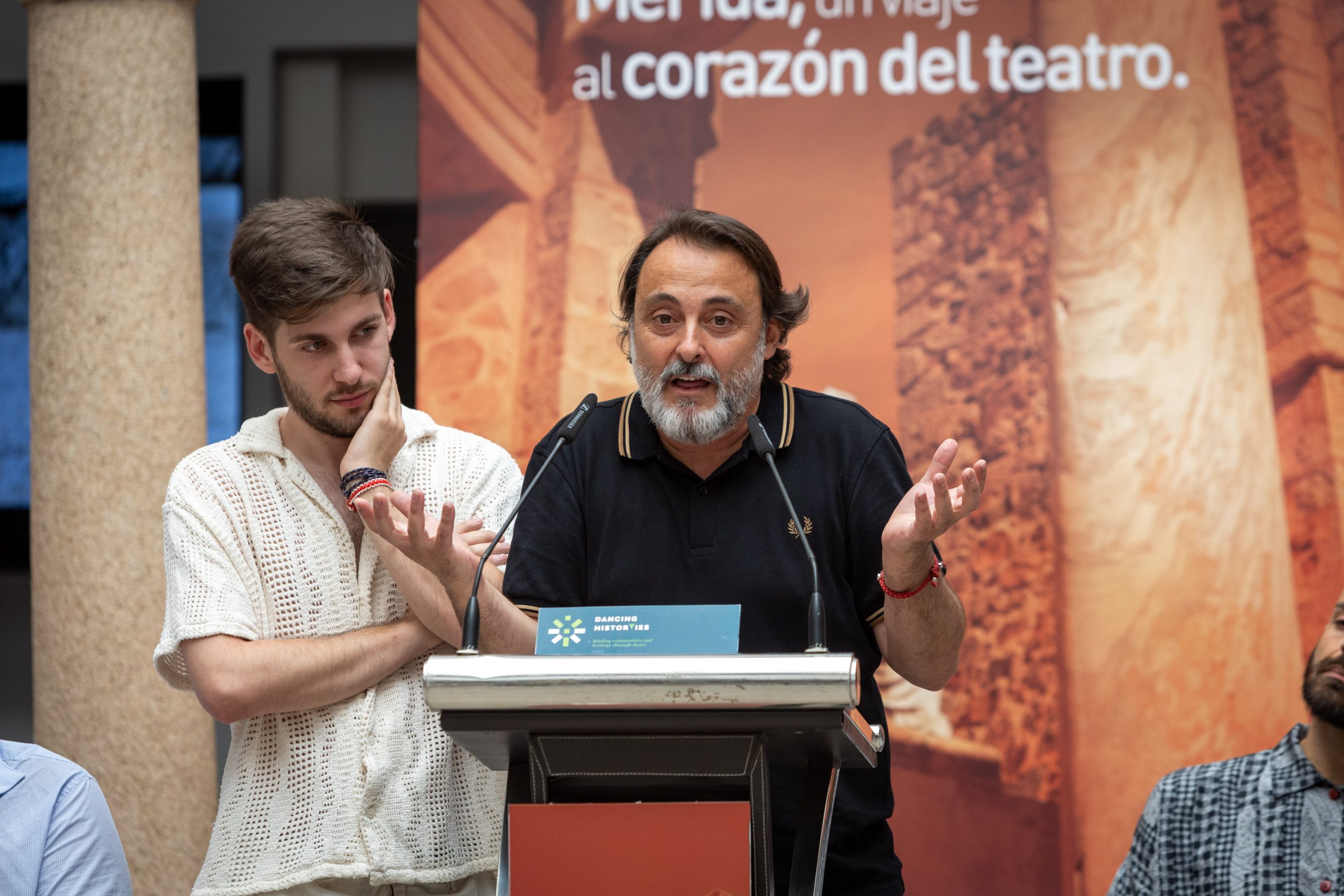
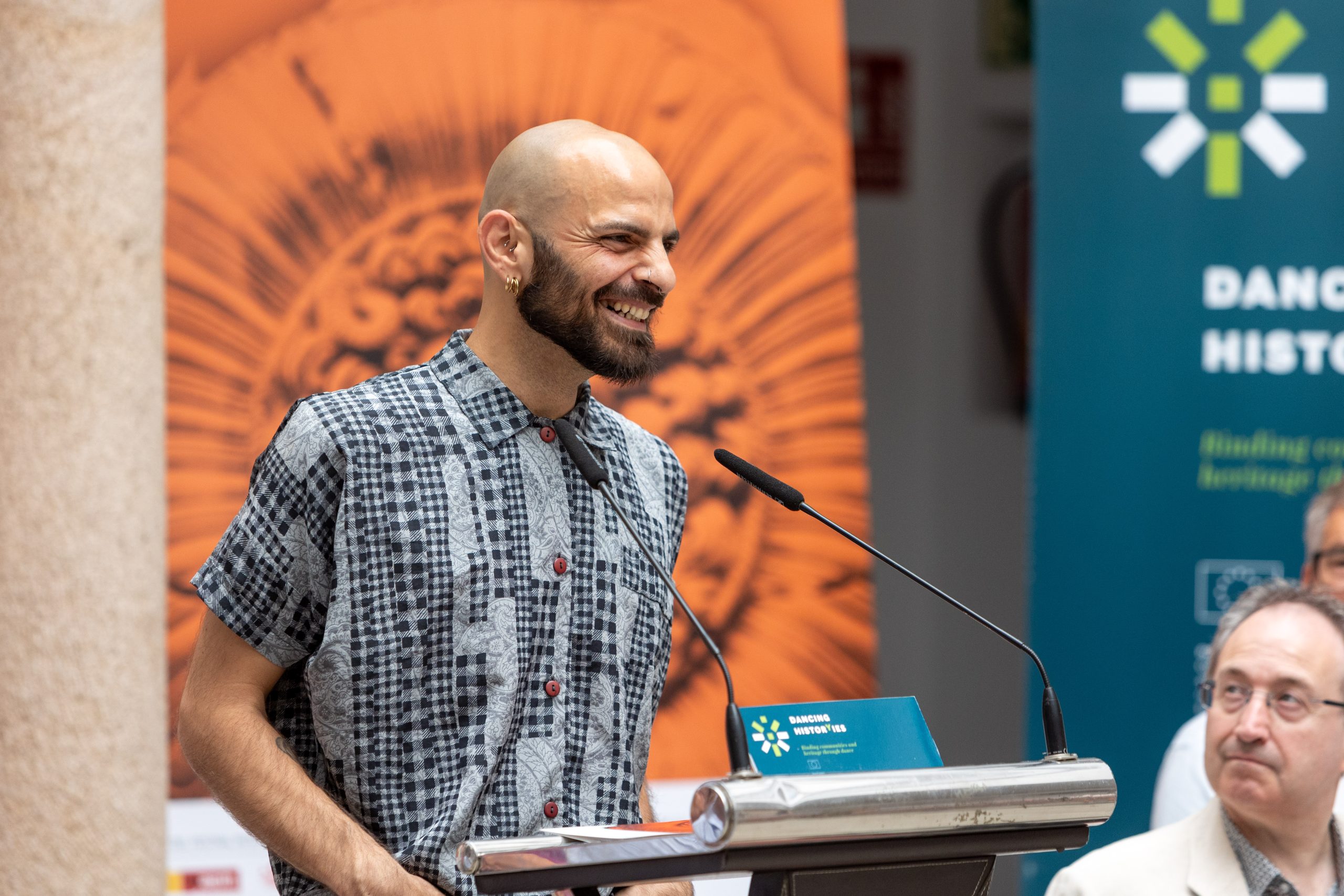
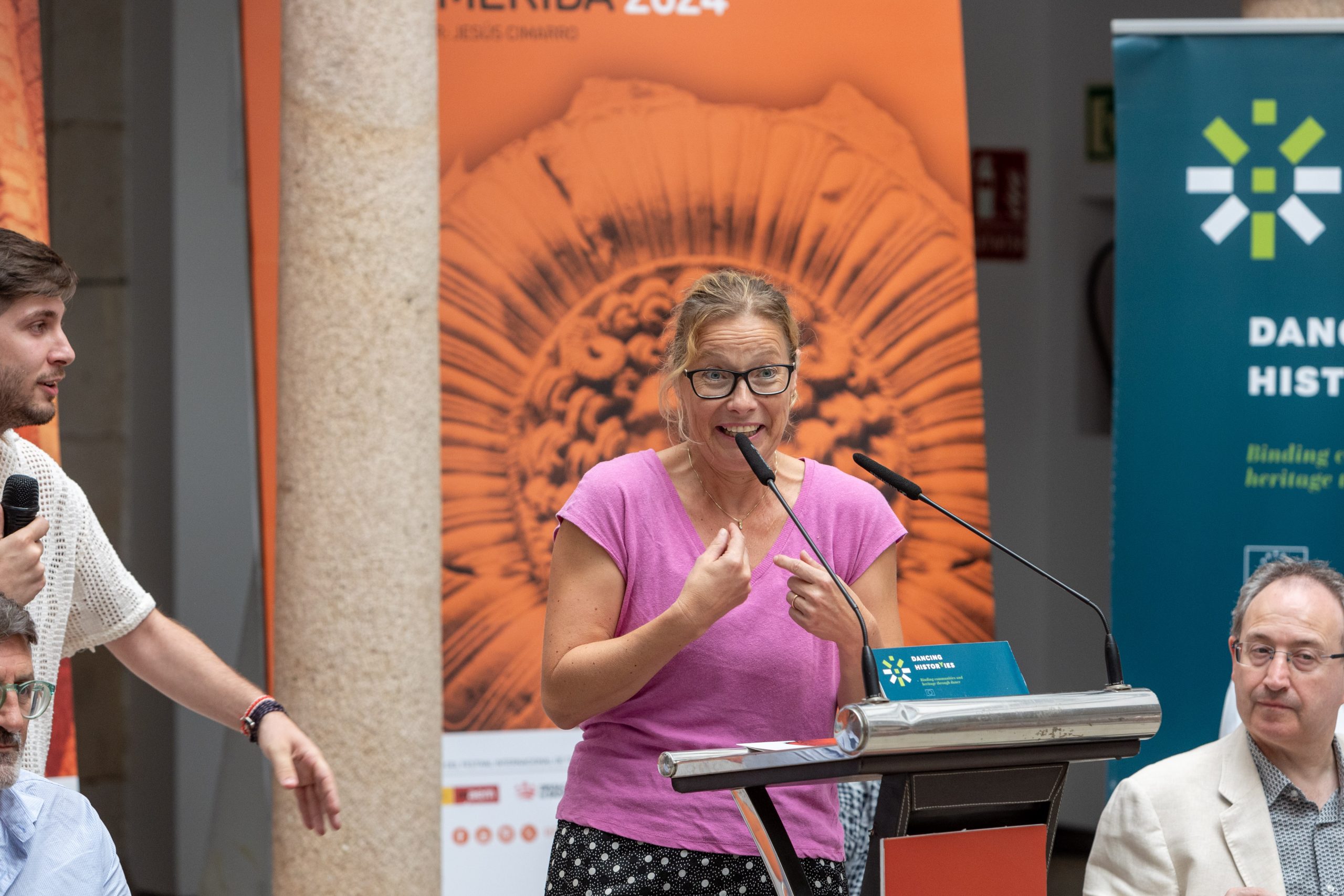
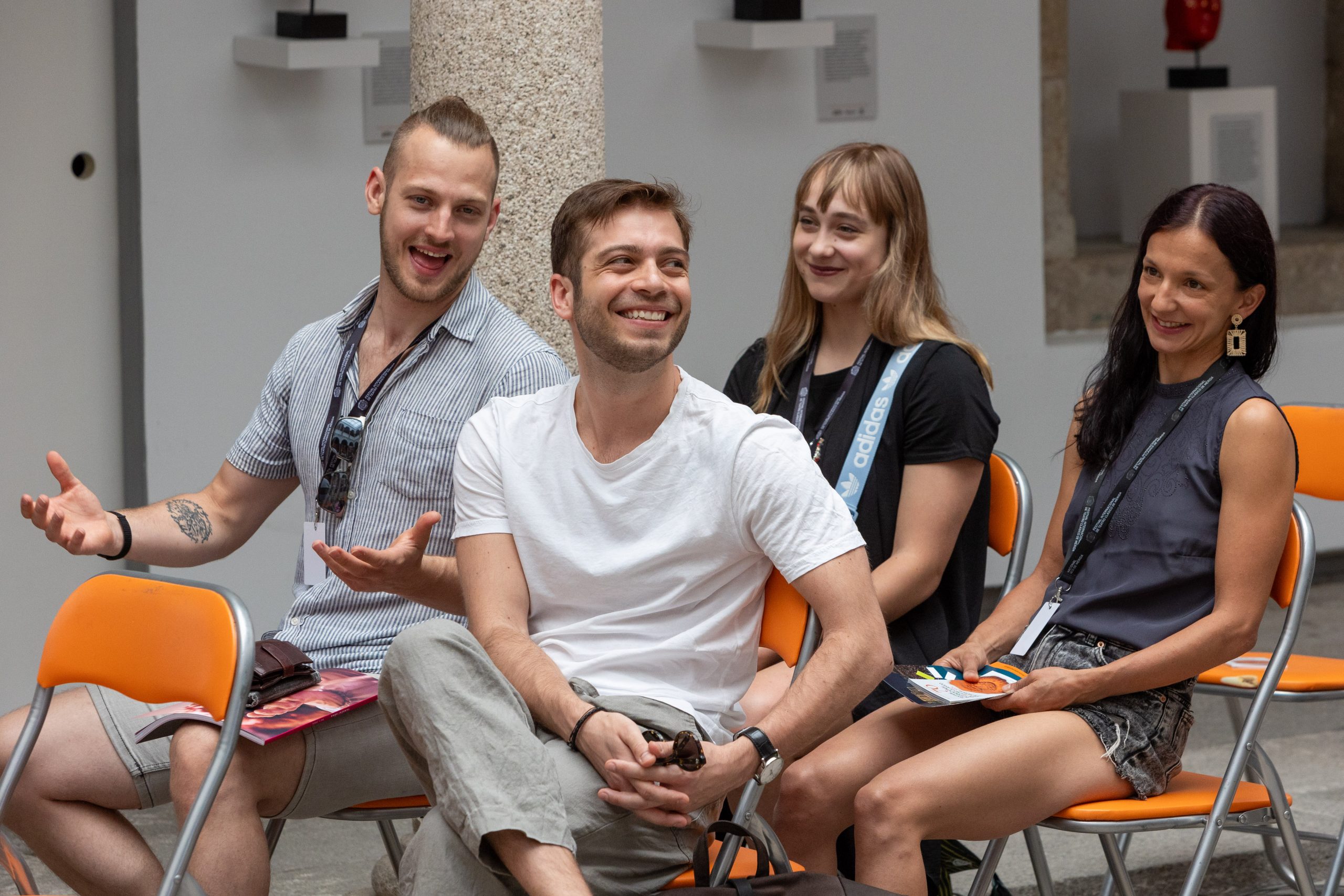

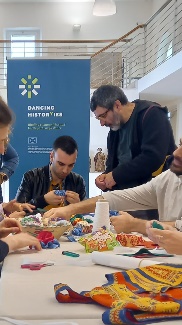 In all the involved communities the workshop is addressed to a wide spectrum of people: elder people, young people, people with disabilities, meaning any range of the active population in the communities.
In all the involved communities the workshop is addressed to a wide spectrum of people: elder people, young people, people with disabilities, meaning any range of the active population in the communities.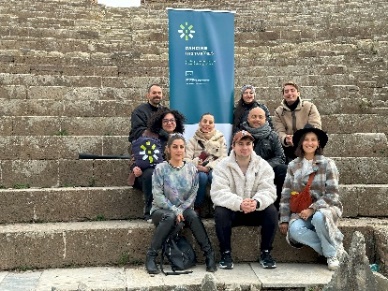
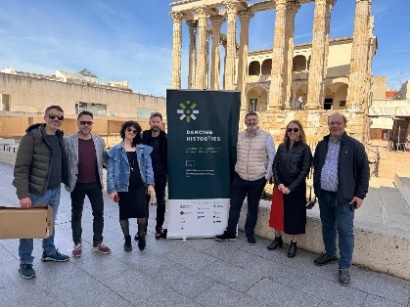
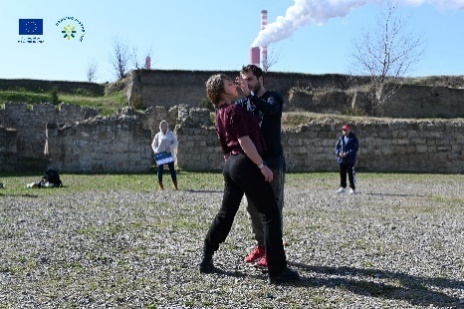
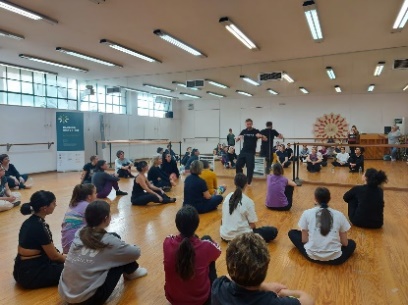
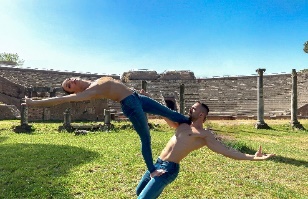

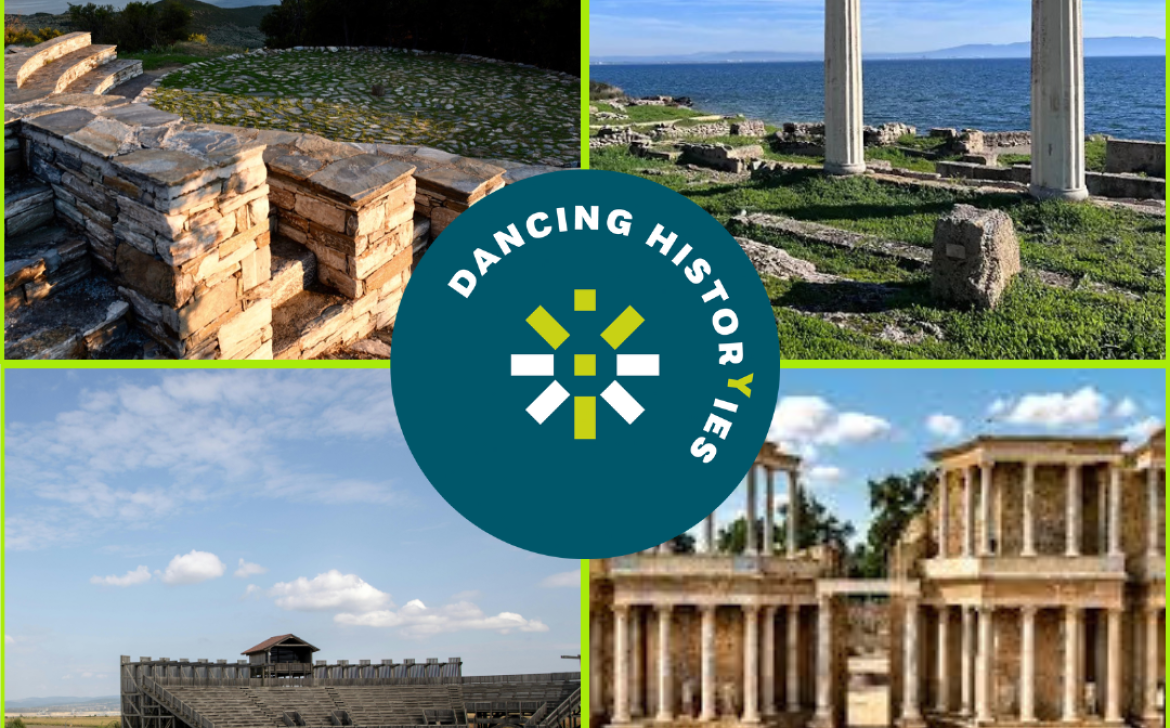


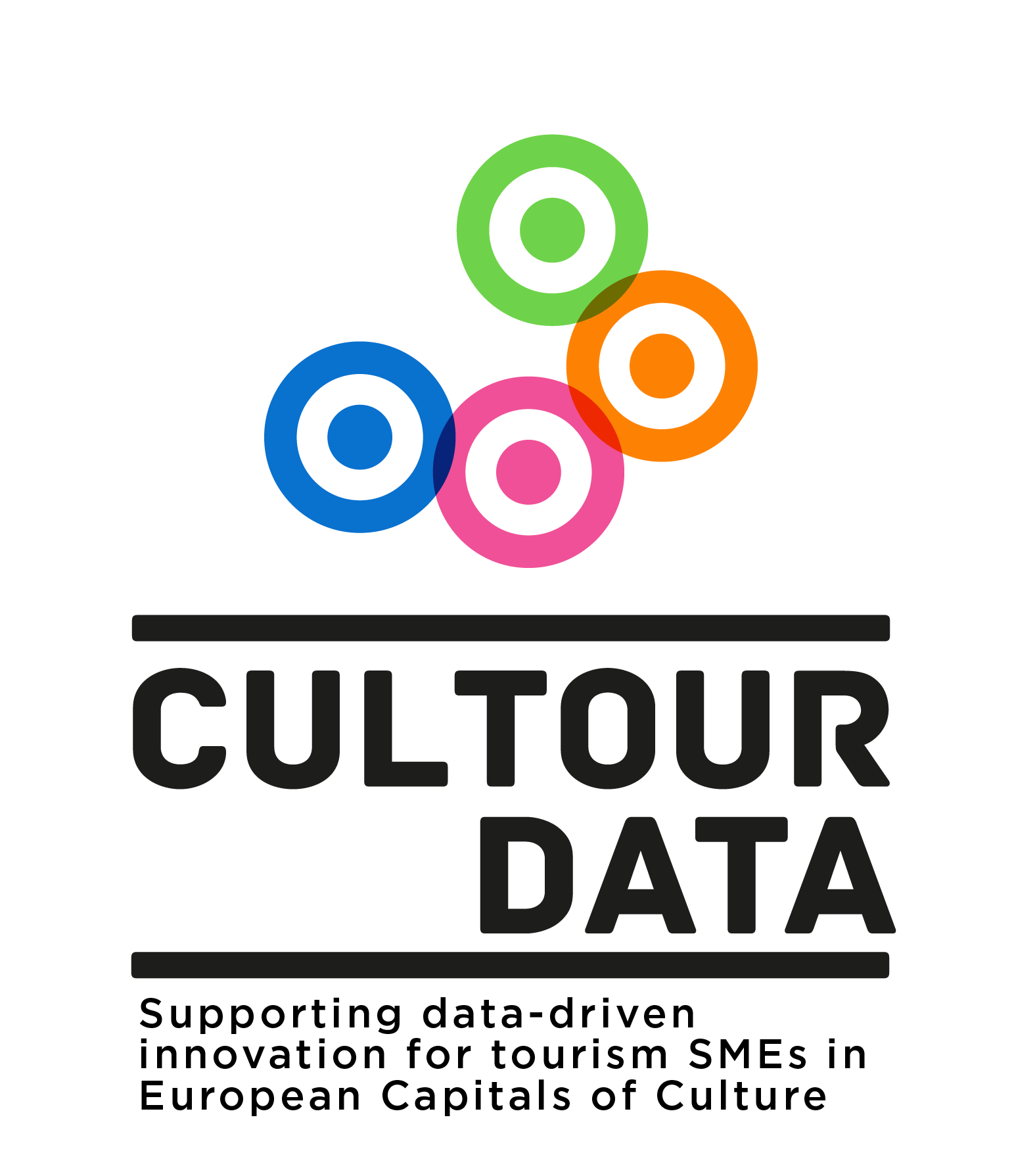 After the culmination of the CulTourData project, we delved into the final reflections with Jacobo Chouza, CEO of Elo Travel, who shared his insights on this innovative project.
After the culmination of the CulTourData project, we delved into the final reflections with Jacobo Chouza, CEO of Elo Travel, who shared his insights on this innovative project.